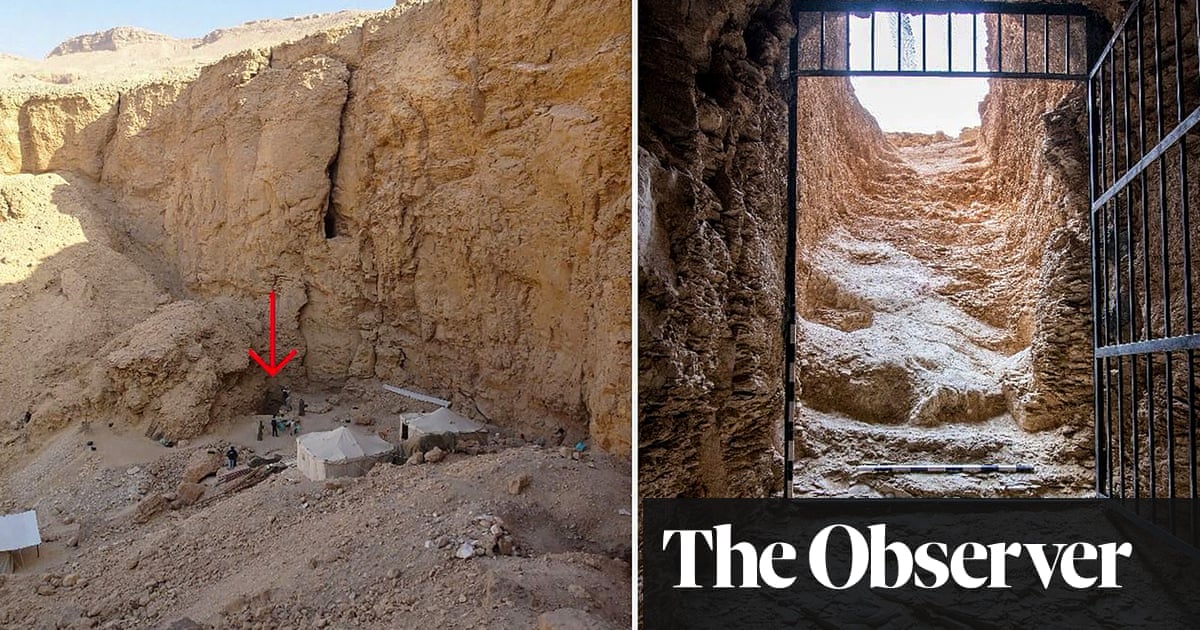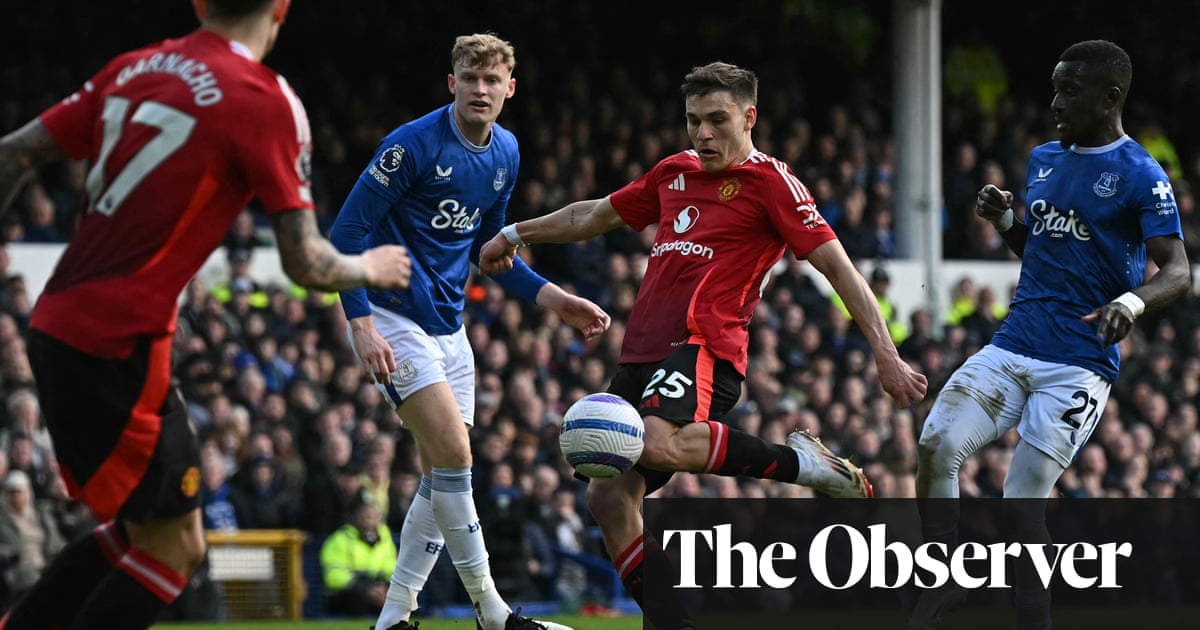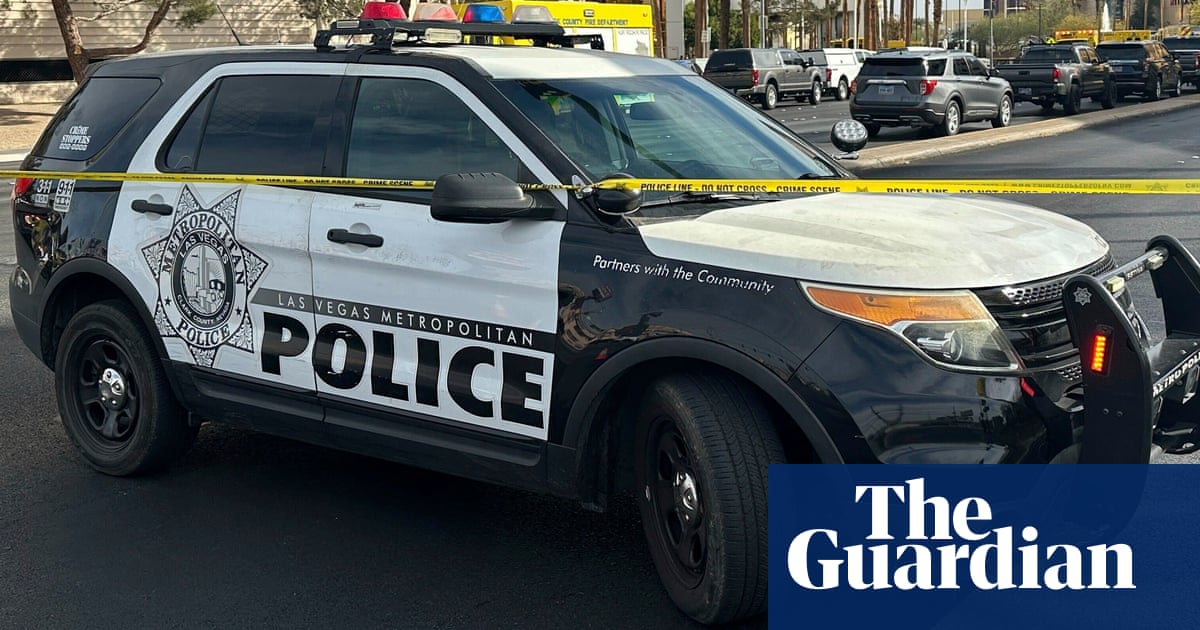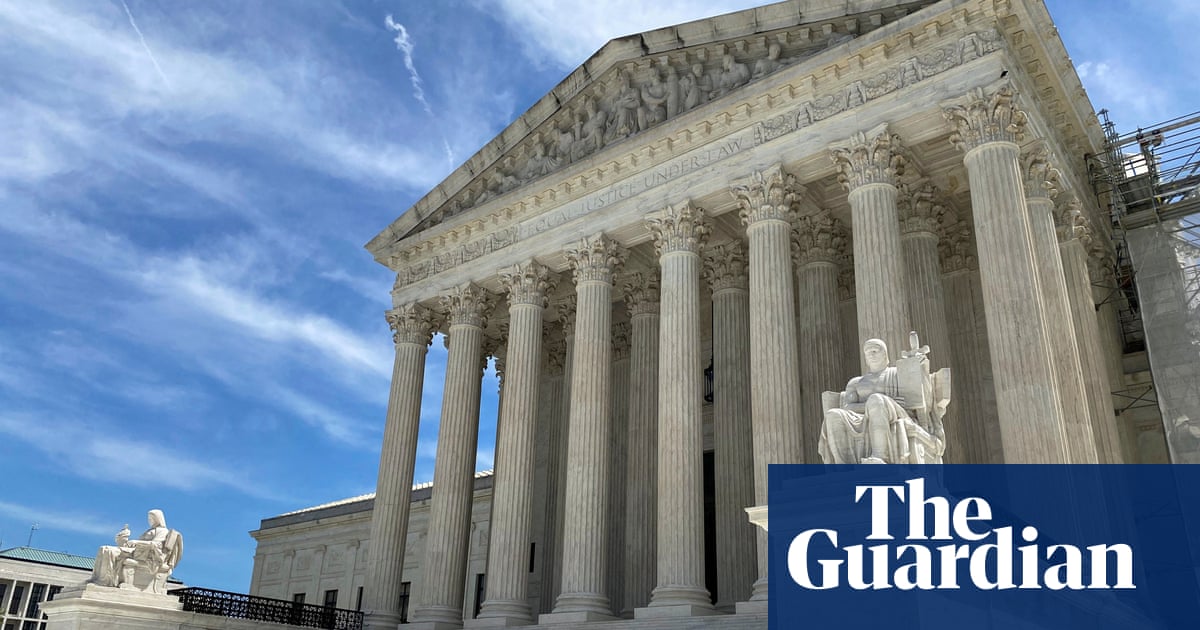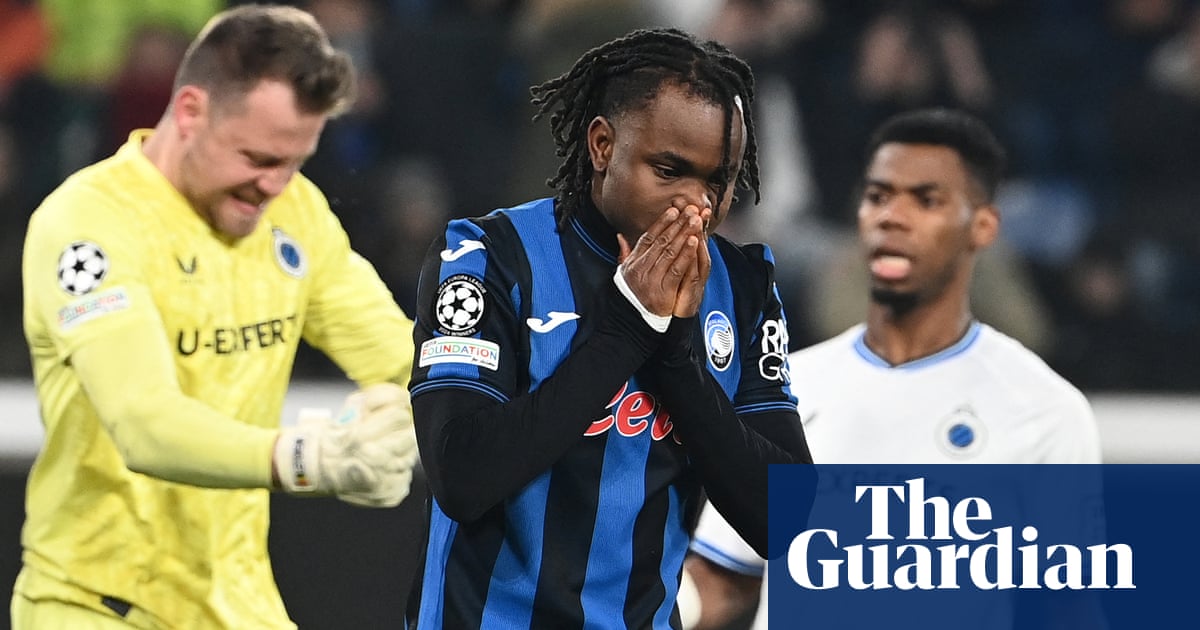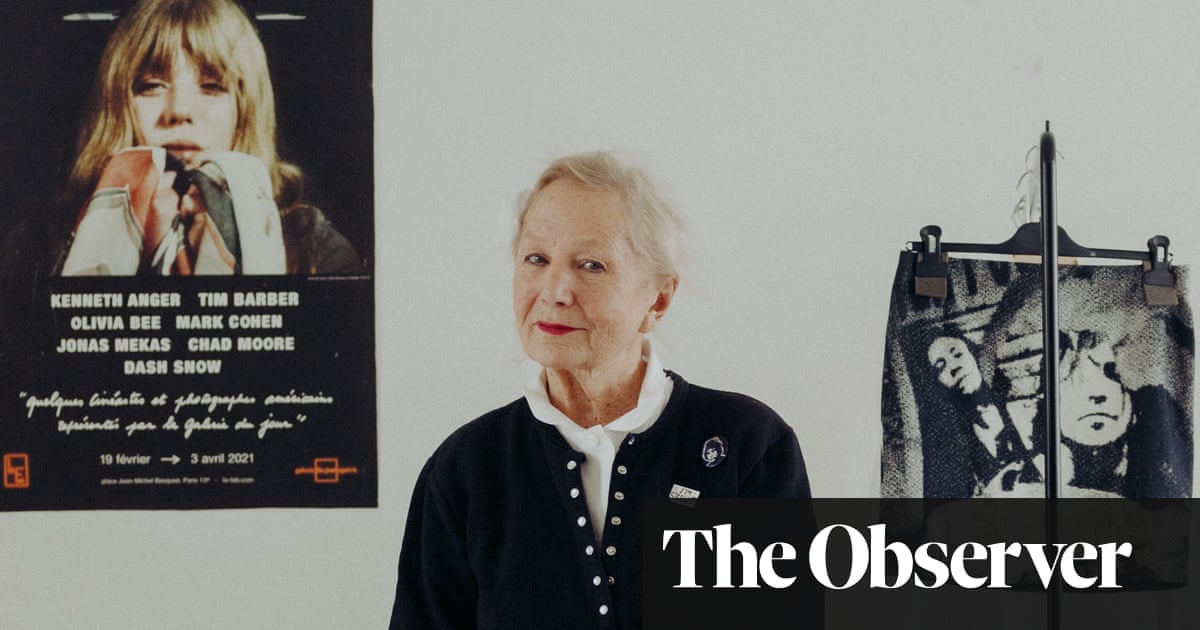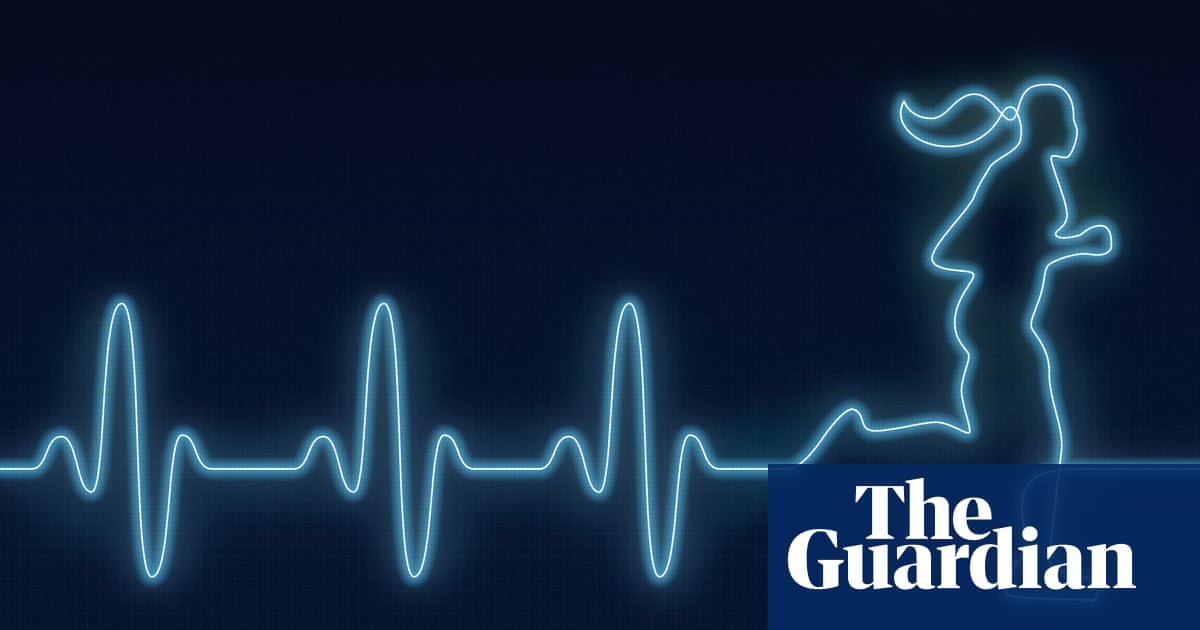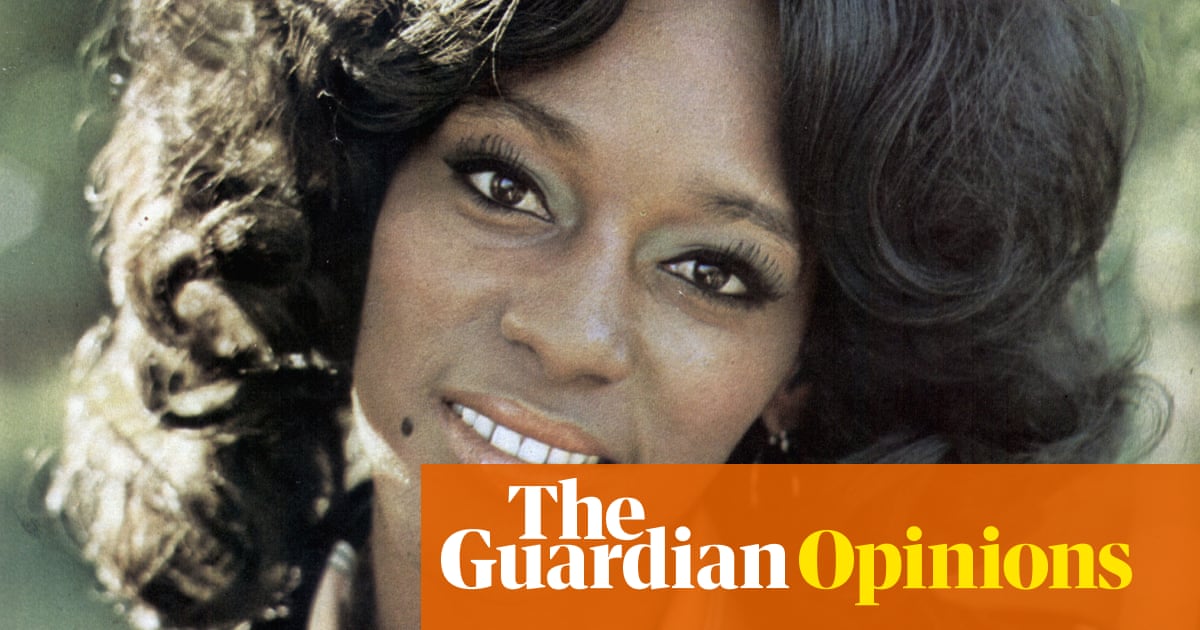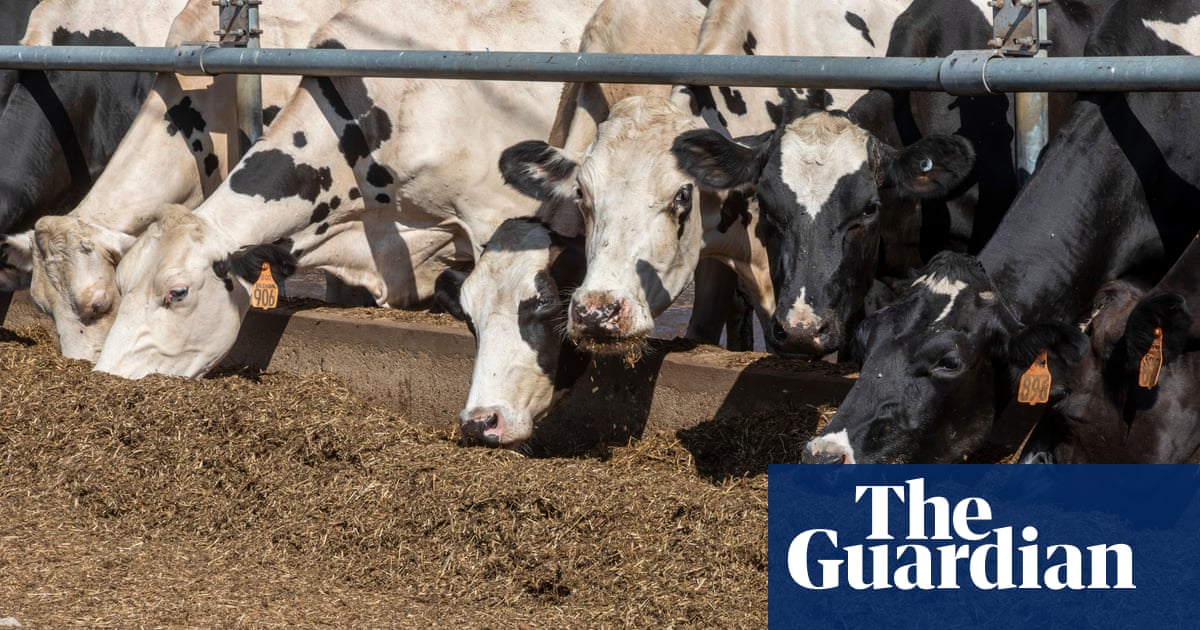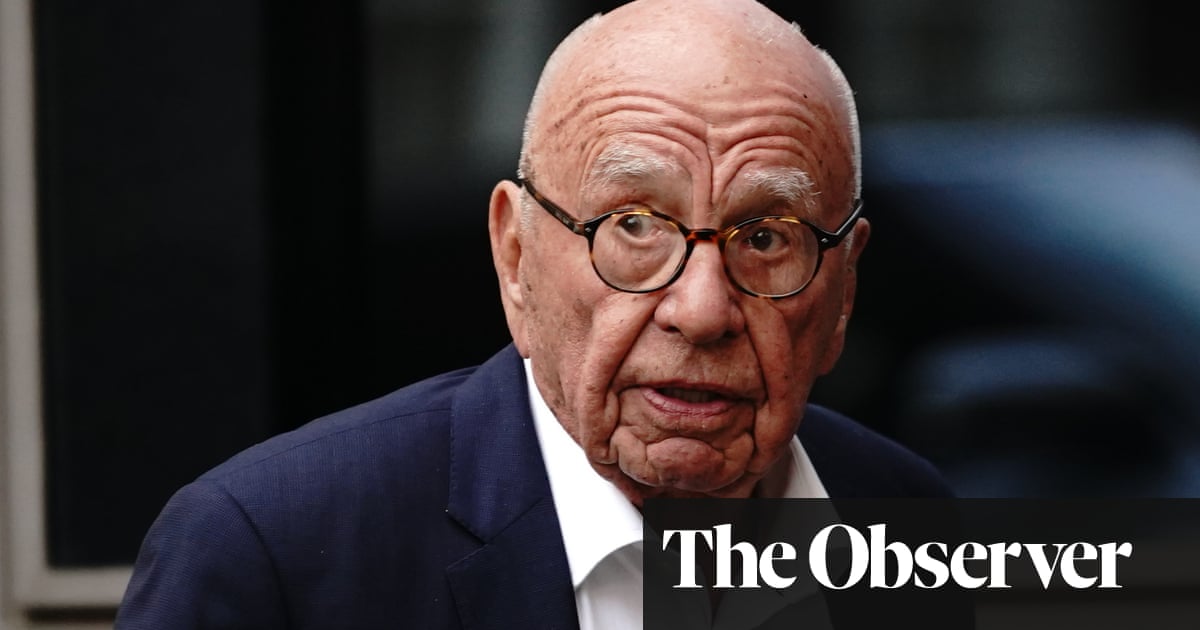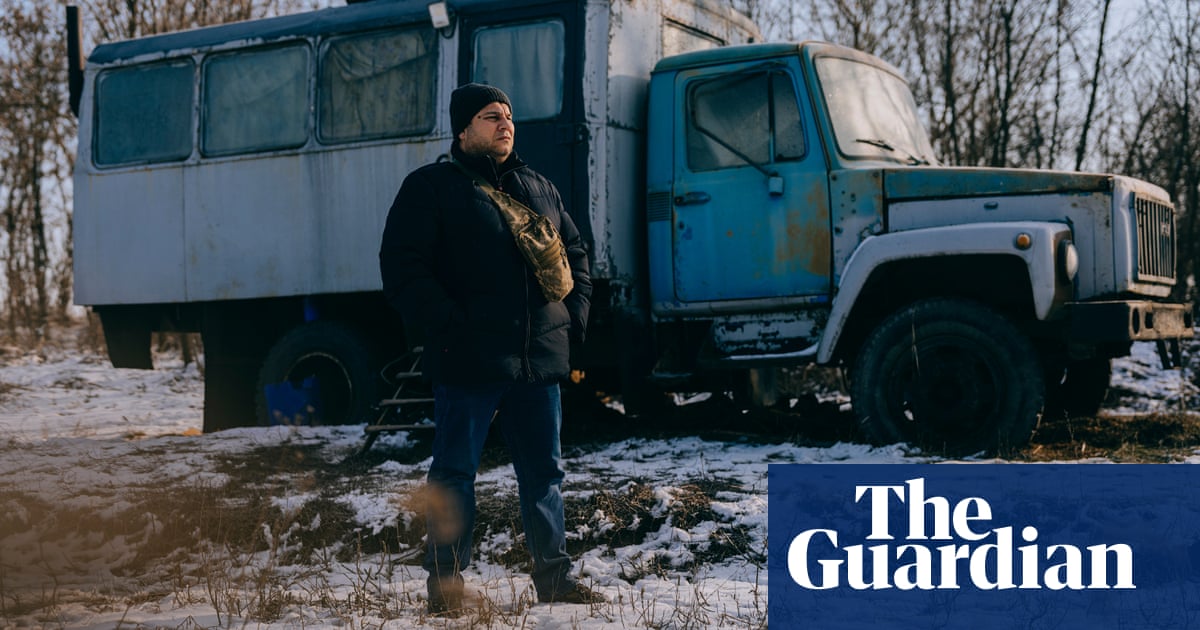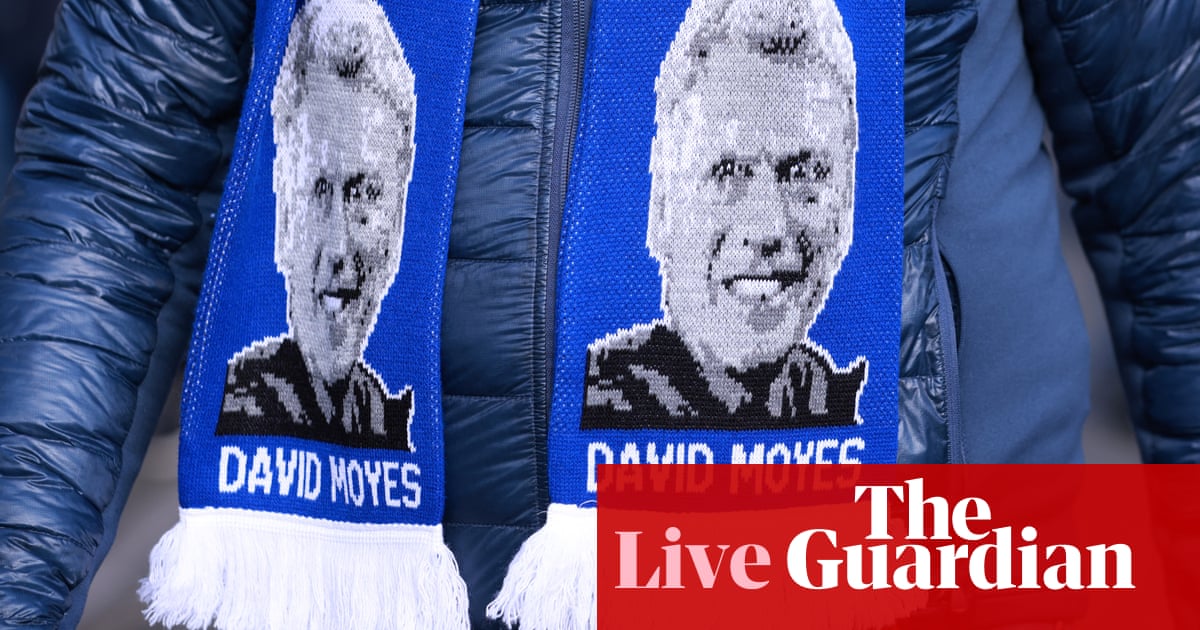Mohammad was 12, a football-mad teenager who spent his days dreaming of a career on the pitch and his last minutes practising ball skills. Ghassan was 14, a quiet, generous teenager who ran errands for elderly relatives, with an adoring six-year-old brother who stuck to him like a shadow.
Both boys were shot dead this summer by Israeli soldiers, victims of an unprecedented surge in attacks on children in the occupied West Bank and East Jerusalem.
In the year from the Hamas attack on Israel on 7 October 2023, Israeli troops and settlers killed 171 Palestinian children there, equivalent to one death almost every other day, according to UN data. More than 1,000 others have been injured.
The youngest victim was a four-year-old girl, shot dead when she and her mother were sitting in a taxi near a checkpoint in January.
Officially there is no war in the occupied West Bank, and the scale of death in Gaza has overshadowed the losses there. But children are dying in greater numbers than at any time since the Israeli army seized control of the area in 1967.
“In the course of last year there was an extremely concerning increase in children killed in conflict-related violence in the West Bank, and we already see the trend is continuing,” said Jonathan Crickx, spokesperson for Unicef Palestine.
“Unicef wants to ring the alarm bell, that children are being killed and seriously injured on a regular basis, mostly by live ammunition.”
The UN only counts child victims whose name, age and cause of death it has verified.
No soldier has been charged over any of the shootings, and the Israeli military did not directly address the surge in child casualties when approached for comment.
Children in the occupied West Bank “often participate” in riots where stones, molotov cocktails and explosives are thrown, and “even in terrorist activities against security forces and Israeli citizens”, the military said in a statement.
When a Palestinian is killed, the Israeli military does not launch a criminal investigation if “there is no apparent suspicion of wrongdoing by IDF soldiers”, or when the target was taking part in activity that “had a clearly combat nature”, the statement added.
Hanin Hoshiyeh, 37, has turned her small living room into makeshift shrine of sorts to her son, Mohammad Morad Ahmad Hoshiyeh, who went out for football practice a week before his 13th birthday in late June and never came home.
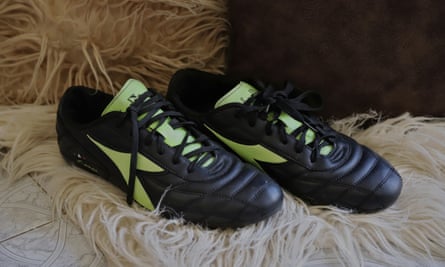
Football boots sit below a framed portrait, a Rubik’s cube and a model plane he won for top marks in third grade. He never got to travel in a real one.
Beside it, goalkeeper gloves are neatly crossed over a prized Real Madrid shirt. It appears in the fitness routine videos on his TikTok account, where his exuberant preteen dreams of glory on the pitch have a fading digital afterlife.
Mohammad was shot on the afternoon of 14 June, about 50 metres from his home on the edge of a refugee camp in south-eastern Ramallah.
He was at a neighbourhood pitch when Israeli soldiers flooded the area, chasing a man who rammed a stolen car into checkpoint and injured a soldier.
Hanin had told her son to head straight home if he saw troops on the street, and Mohammad was apparently shot while trying get back to his mum
Video capturing moments before and after the fatal attack shows him racing down an empty street, soldiers at one end. The camera pans away before he’s hit, then swings back to show lying him on the sidewalk, struggling briefly to stand, then collapsing.
A later clip shows the 12-year-old lying bleeding in the middle of the still-empty street. Witnesses said Israeli troops barred medics from approaching for 20 minutes.
Rescuers are regularly blocked from reaching children shot by Israeli forces for long periods of time, first responders and activists say.
The Israeli military said it did not prevent medics reaching injured Palestinians but did limit their movements during military operations, “to ensure the safety of rescue teams”.
The Israeli military said 12-year-old Mohammed had participated in a “violent riot”, and soldiers opened fire to disperse a crowd, although none is visible in video of his shooting. “The circumstances of the case are under investigation,” the statement said.
Mohammad died in hospital eight days after the shooting, from injuries caused by a single gunshot wound to his abdomen.
“We spent 12 years raising our child,” Hanin said. “He was just starting to grow up and they ended his life.”
Israeli attacks on Palestinian children growing up in the occupied West Bank had previously peaked in 2002, during the second intifada, when 85 children were killed, according to data from rights group B’tselem.
The pace of killing in the year since 7 October 2023 is double that level. The majority were hit by live ammunition, often with a single shot to the head or torso. Others were killed by drones and airstrikes.
Two Israeli children were killed in conflict-related violence in the area over that period, the UN said.
Mohammad’s father, Murad Hoshiyeh, wants the soldier who shot his son put on trial, but he cannot even travel through checkpoints into Israel to file a case.
“My son was innocent,” he said. “This is total oppression. Imagine if it was the other way around. If they just heard that someone wanted to hurt one of their children, what would they do?”
Murad’s sense that Israeli forces can kill children like his son in the occupied West Bank with virtual impunity reflects a reality in which investigations are unusual, and prosecutions exceptional, according to Defense for Children International – Palestine (DCIP), the only Palestinian human rights organisation focused specifically on child rights.
“The most important issue is lack of accountability. In almost all cases Israel doesn’t open an investigation, except when there is media coverage,” said Ayed Abu Eqtaish, accountability director for DCIP.
“But even the investigations lead to nothing. In 10 years, there has been just one case where Israeli authorities held a soldier to account for killing a child.”
In 2018 Ben Deri was found guilty of killing 17-year-old Nadim Nuwara during a protest at the Beitunia checkpoint. The court found he posed no threat to soldiers at the time. Deri was sentenced to nine months but released two months early.
He served less time for killing a Palestinian child than many Palestinian children do for throwing stones at Israeli soldiers.
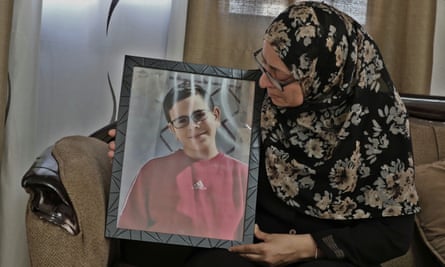
It is so challenging to pursue justice in the Israeli system for Palestinian children killed by Israelis that DCIP now focuses on the bleak work of documenting child victims instead.
“The organisation was established to defend children inside the Israeli legal system and at some point reached the conclusion that it was impossible to achieve justice through the military justice system, so we started to collect evidence,” Eqtaish said.
Their website is a catalogue of lives cut short, with published cases backed by evidence including medical records, witness reports and death certificates.
Salaam Zahran can stand beside the jasmine plants on her balcony and look out to the school where her son Ghassan studied, beyond it to the road Israeli soldiers stood on when they shot the 14-year-old, and in the far distance to the towers of Tel Aviv gleaming in the sun at the edge of the Mediterranean.
Somewhere among them is the headquarters of the Israeli army, visible to Palestinians here but as distant and unaccountable as a mirage.

Salaam has not even tried to file a police report on the men who opened fire on three boys playing among fig and almond trees on the outskirts of the village on 9 July.
“It is impossible to file complaints against this kind of regime. There won’t be any justice for us,” she said. “The soldiers wouldn’t even allow anyone to come and rescue him.”
One village resident saw soldiers shooting at the three boys and rushed to help. He was held at bay for 10 minutes.
“Every time I tried to come close to the kid, the army would shoot in the air,” said the man, who asked not to be named. “Every step we took, they opened fire. I don’t think they wanted to shoot us, but for sure they didn’t want us to rescue the kid.”
The teenager was alive when the man eventually reached him but lost consciousness soon after.
The Israeli military acknowledged shooting the 14-year-old, whom a spokesperson described as a “masked terrorist (who) threw stones at Israeli vehicles”. The man who gave first aid to Ghassan said he did not see a mask.
“A soldier present at the scene responded with gunfire towards the terrorists, resulting in injury to one of them. The claim that the terrorist died from his injuries is acknowledged,” the military said in a statement.
On his last morning, Ghassan had woken up early, made coffee for his mum and helped her with laundry before she headed out to work in Ramallah.
Life has become harder in their village of Deir Abu Mashal since 7 October 2023, as it has across most of the West Bank. The main road in has been blocked by Israeli forces so getting in or out requires 20 minutes driving on a dirt track through olive groves.
Salaam was considering moving nearer her job to cut the daily commute, but she thought the family’s main problem was logistics, not security. The sleepy village is not near an Israeli settlement and has never been a flashpoint for clashes.
“I thought we were safe,” Salaam said. “I tried to keep my children away, from all the violence and suffering, but it came to us.”

 3 months ago
58
3 months ago
58


